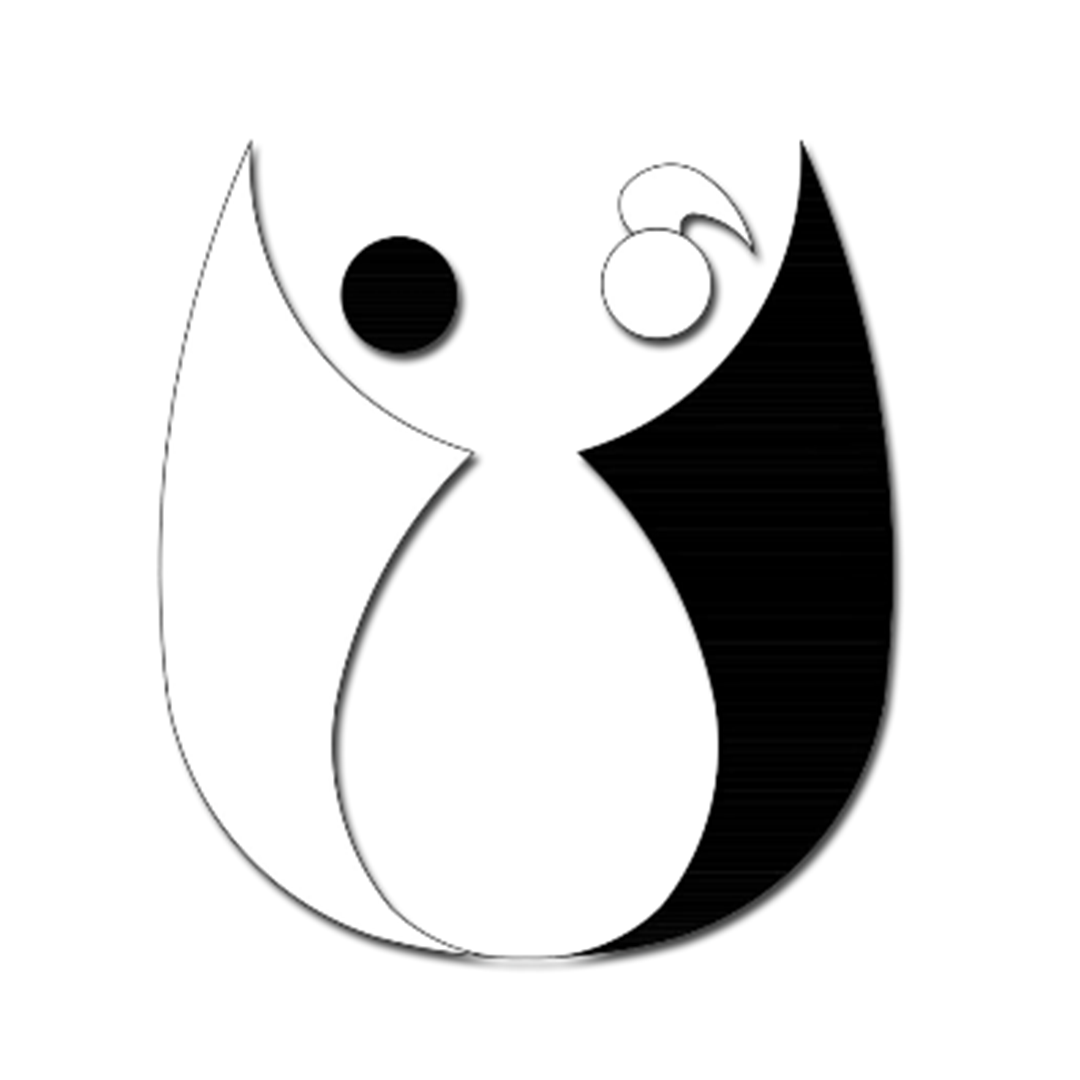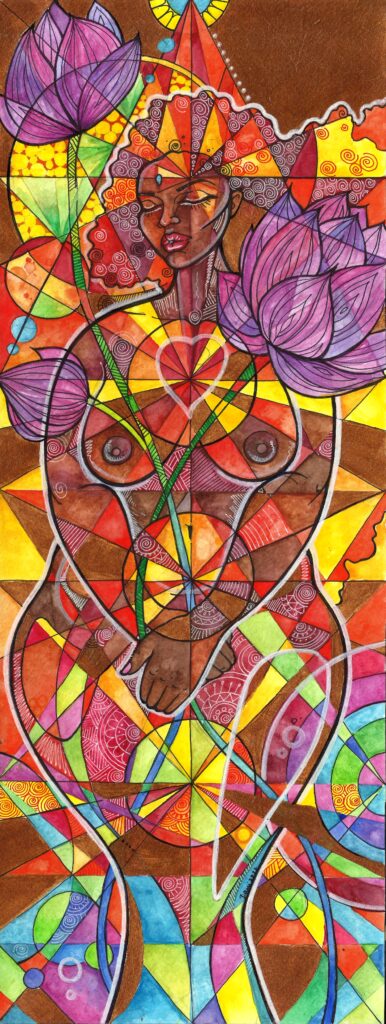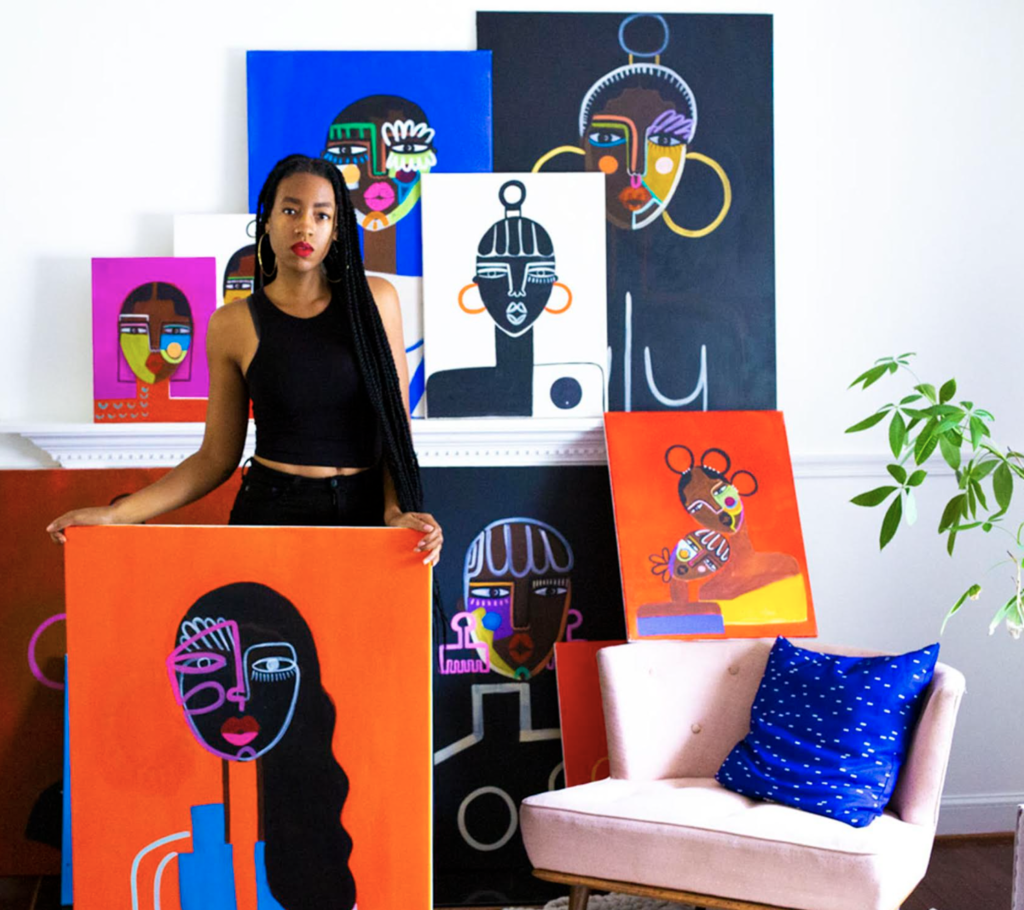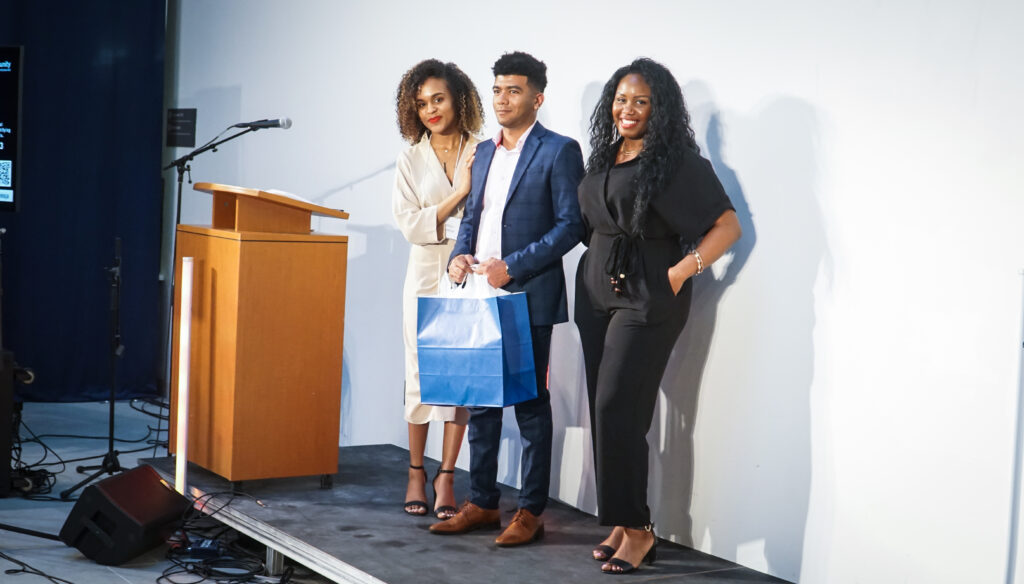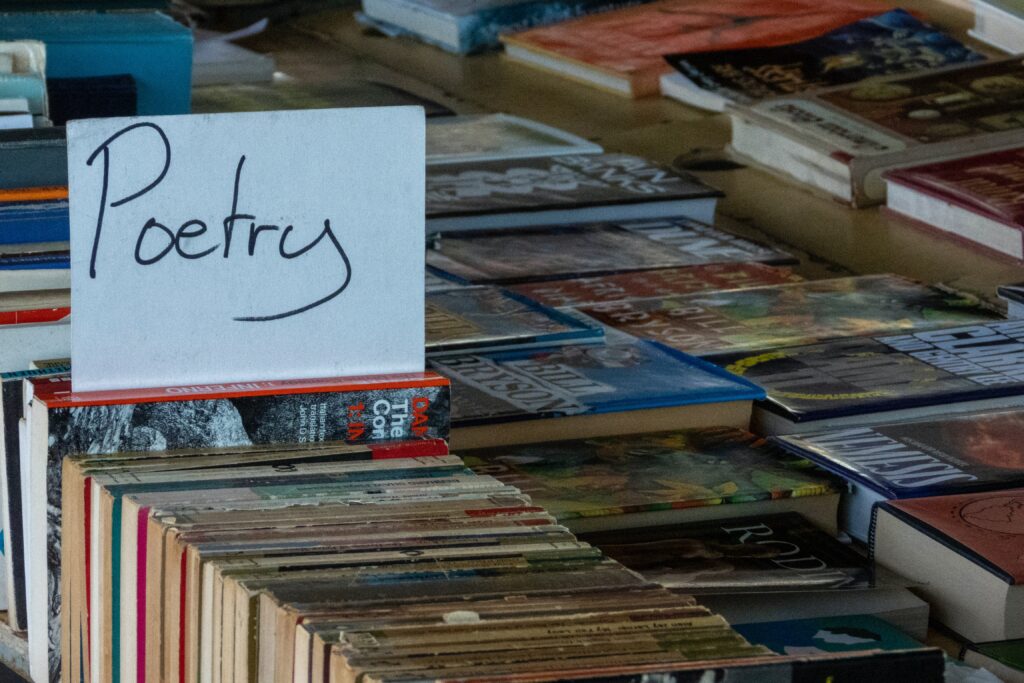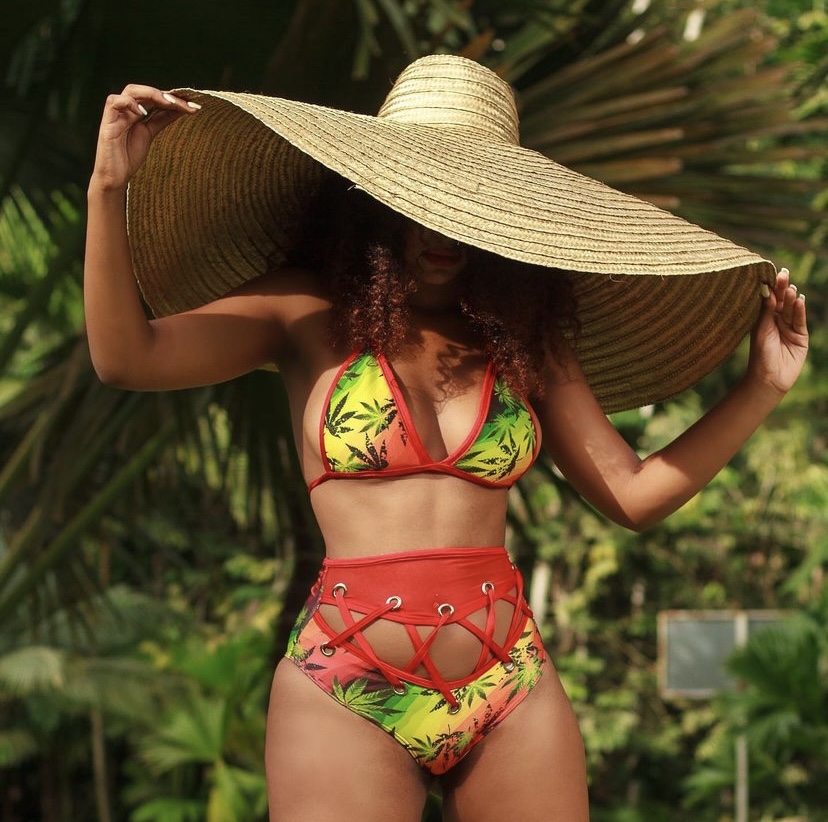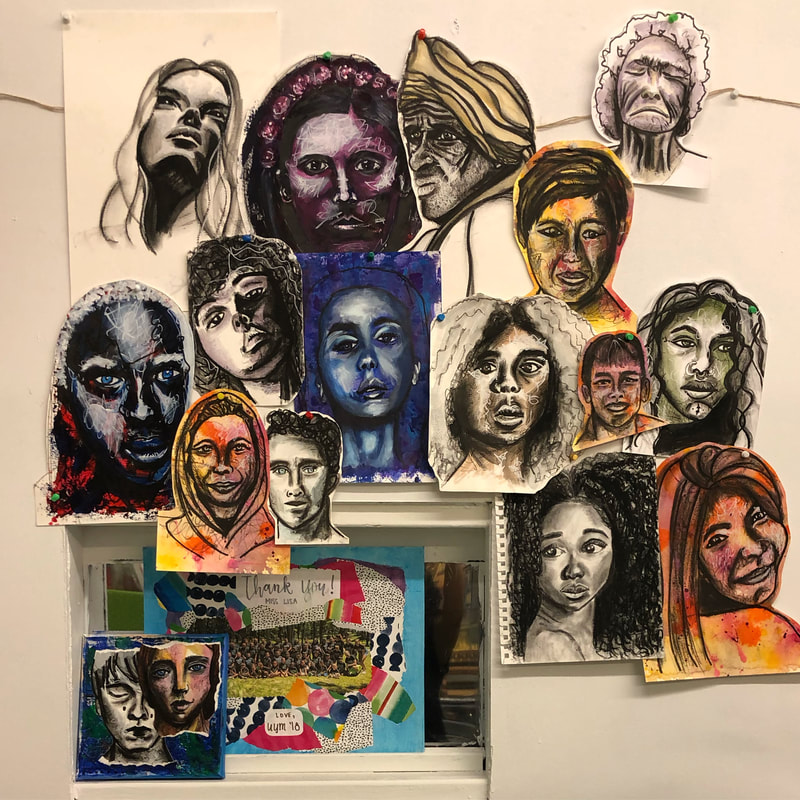Artist’s Name: Jeffrey Menzies
Name of Brand: Menzies Instruments
Artform: Sculpting & Instrument Making
Why do you do what you do? When did you realize a passion for what you do?
Art is all I have ever known, I can’t separate any of the art forms.
Visual art, music, architecture, dance, film… it’s all the same just different applications and media. Art, when you boil it down, is comprised of the same ingredients. The elements and principles.. rhythm, line, space, value, balance, symmetry…
My earliest memories are of oil paint and jazz being played on a vibraphone in my father’s studio. Both of my parents were creatives (a painter and a musician) as is my brother (he’s film producer and writer).
Being an artist was never really a decision it just kind of was.
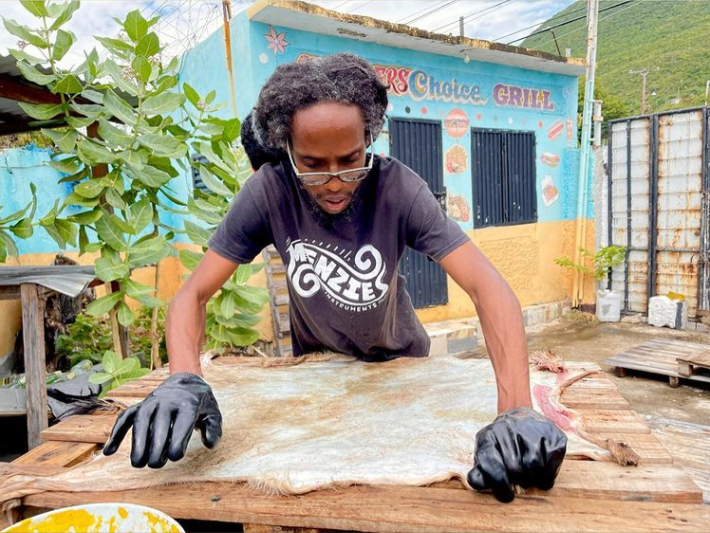
What is your educational background?
My education is undergraduate degree in sculpture and a Masters in sculpture and I started a Phd programme in Visual Arts. However, I did a “U-turn” to continue my focus in making art objects as research instead of reading and writing about it.
What are some of the challenges that you have faced while trying to pursue your passion?
My biggest challenge is that, as an artist, you have to do everything in a business: Marketing, writing, producing the work, accounting, designing, photographing and the list goes on. My challenge has always been editing my time to focus. I always say I was blessed and doomed with too many passions.
To hone in and “master” a craft takes mass amounts of time and I believe that it is crucial to focus so you can brand your image as an artist. I chose musical objects as my main medium because it combines most of my interests: sculpture, ethnomusicology, archaeology, musical performance, design, architecture, acoustic design.
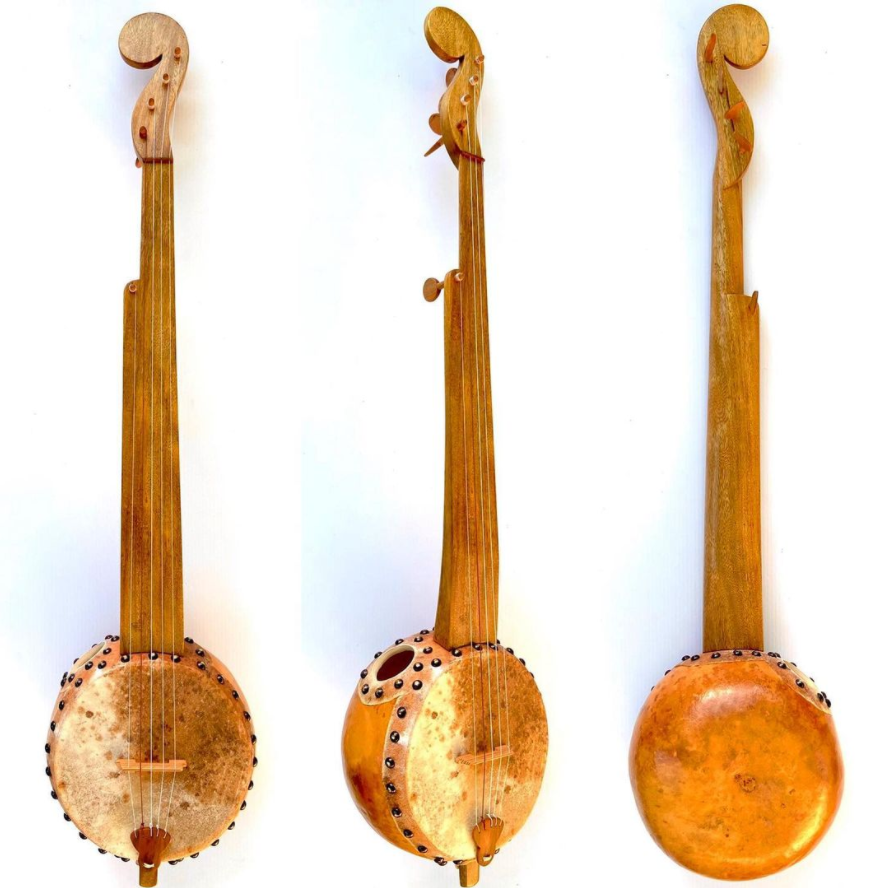
Have you encountered people who have been skeptical about your dreams?
I recall in my masters studies having a professor that asked me where the art I was making was located in my studio, I had a studio full of musical instruments.
Fine art, like any discipline can become very elitist and narrow in vision.
Quite often in visual art, if there is even a reference to the utilitarian it is no longer considered art but instead craft. I took this on as my challenge to play with the balance of form and function in my work to provoke the boundaries of “what is art”. Overall I have not had many that were skeptical about my work, perhaps my passion clouded my vision to see or hear the skeptics.
How did you initially react to those people and how do you act towards them now?
I listened to them and maintained respect, but was convinced I disagreed with art and craft being two different forms of visual language.
How do you work? What is the method to your ‘madness’ and how do you filter your creativity?
My work often begins with engaging with the materials on site, a farm, wood yard, processing goat skin, drying wood for years before I use it, working with various farmers and then once I have the materials most of the work is done.
I very much embrace the material culture of making historical representations. The instruments that I make are representations of the instruments that follow the Transatlantic, from Africa, plantations in the Caribbean through to the diaspora. I allow the materials to make as many decisions as possible for me in the creative process. Most of my works are commissions these days or I am working on a series so there are some design and historical aspects that are predetermined but I always leave chance to have a say in the creative process.
Can’t make the same thing twice if you try.
What role do you believe “the artist” has in society? / How do you feel your artform has the power to benefit society?
I think the artist has a crucial role in society because even politics utilizes visual culture.
The earliest historical documents of art were merely forms of communicating stories to the general public. Cave paintings were documenting stories of everyday life and gothic stain glass and sculptures in cathedrals were religious forms of propaganda annotating the bible as a series of stories.
Art is used everywhere and for everything. I believe the instruments I make are a form of archaeology. I create artifacts based on my representation of what I research, see and believe. Musicians and museums play or display my work for the viewers or musicians to further their work through their own representation of what they feel or believe. Art is storytelling.
Out of all your work, which piece resonates the most with you?
No singular piece resonates to me more than another. Once I finish a work I am excited to start the next so I can continue learning and exploring the world around me. Art is so subjective to the moment.
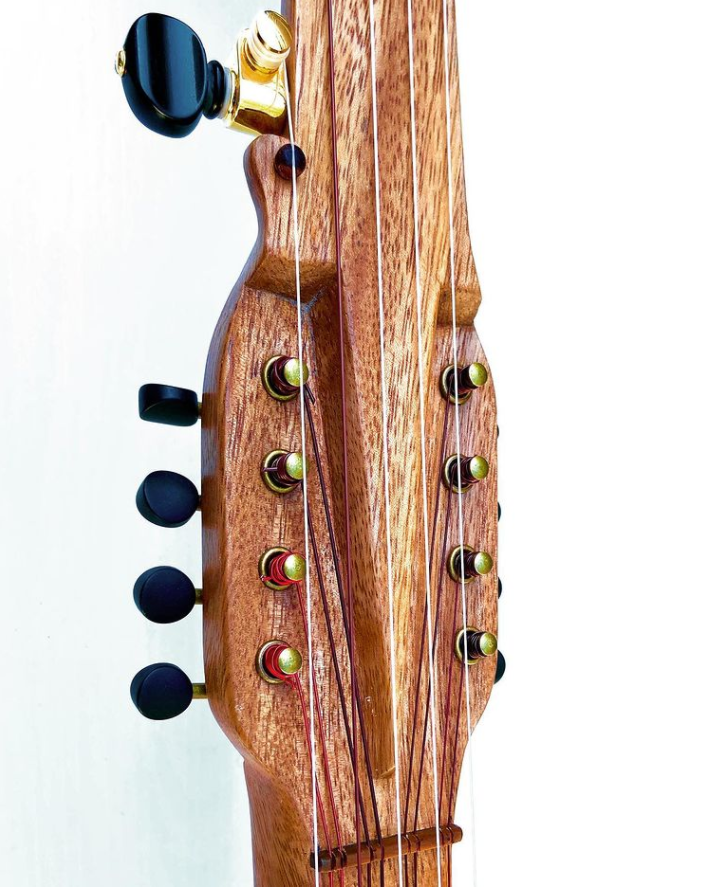
Where do you see yourself going?
I see myself continuing to develop my skills and network and improving on my understanding of business so I can become more financially stable through my work. The more work I make the easier this becomes. Being present in the now is my on going goal so I don’t waste time worrying about the past or future.
By what terms do you measure success or perfection? When do you feel like you can say that your work is finished and ready to be experienced by others?
Like art itself, success is subjective. The satisfaction I get from making an instrument determines the success of my work. I love what I do and I am blessed and thankful for that. Many do not even know what they are passionate about and so the fact that I am so clear in my vision and so self-motivated is a form of personal success. I also feel a great level of success when I see people in the world playing my instruments.
“Quite often in visual art, if there is even a reference to the utilitarian, it is no longer considered art but instead craft. I took this on as my challenge to play with the balance of form and function in my work to provoke the boundaries of “what is art.”
~ Jeffrey Menzies
